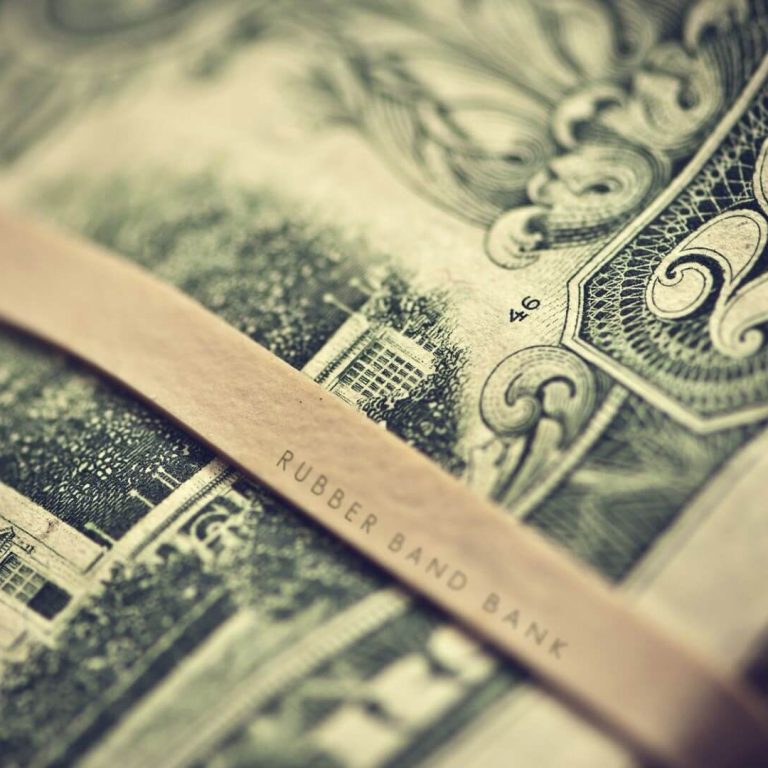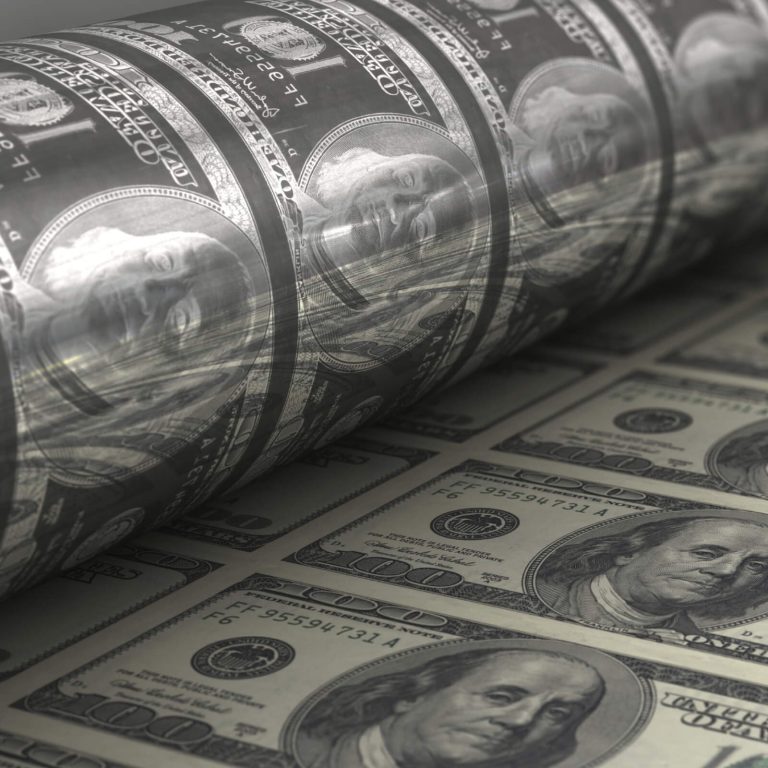When and Where Should You Use Your Credit Card, and How to Do It
Having a credit card might help you spread out your monthly expenses and give you peace of mind knowing you have emergency funds set aside. However, you must responsibly use credit in order to reap the benefits to your financial well-being.
Listed below are some overarching guidelines to follow:
- Make a regular payment on your credit card balance, even if it’s just the minimum amount you can manage; use your credit card statement as a financial health check; and increase your credit score.
- Make a plan for your money and stick to it; – Use incentive programs.
- When to make a major purchase using a credit card and when to consolidate credit card debt
- Credit card use for unexpected expenses
Adherence To The Credit Card Payment Schedule
Paying your bills on time is crucial to building a positive credit history, and late payments can have long-lasting consequences for your credit rating. Make sure you know when payments are due so that you aren’t charged extra for being late. Setting up an automatic payment system for the minimum required amount is another option to consider. Making the bare minimum payment each month won’t get you any closer to debt freedom, but it will keep your payment history in good standing.
Make a monthly minimum payment on your credit card debt.
The ideal budgeting strategy for someone opening their first credit card account is to make monthly payments in full. As a result, you won’t have to worry about accruing any credit card interest.
If you are unable to make a full payment each month, at least pay more than the required minimum. Consequently, your debt’s interest rate will drop each month.
If you want a monthly snapshot of your financial status, look no further than your credit card statement.
If you check in on your account regularly, you may have a better grasp of your monthly expenses and safeguard yourself against fraud or inaccuracies that could have a negative impact on your credit.
Verify your costs by reviewing your statement and evaluate your credit usage while you’re at it. If you are struggling to make even the minimal payment each month, cutting back on credit card use the following month may help you get back on track. But if you’re reliable with your payments, you can try to get your credit limit raised, which could help your score.
Raise your financial standing by enhancing your credit rating.
Some suggestions to assist you raise that credit rating:
- You can improve your credit score by as much as 35 percent simply by paying your bills on time, as this information is included in your credit report.
- Track your credit utilization ratio, which is calculated by dividing your outstanding credit and loan balances by the sum of your available credit. This ratio is a major factor in determining your credit score. Credit utilization rates under 30% are considered optimal. Your credit utilization ratio would be 250/1000 if you had a $1,000 credit limit and a $250 balance. Reducing your credit card balances and increasing your credit limits are two ways to keep your credit utilization ratio low. Both methods should be used if you are confident in your ability to manage your credit spending and payments.
- Don’t close your credit card account: In some cases, the length of your credit history can be increased by keeping an older credit card active, even after all outstanding balances have been paid in full. Similarly, the length of time you’ve had credit accounts for 10% of your score. Check the terms and conditions of the card and your monthly statements to make sure that a zero balance won’t incur any fees.
Get your financial house in order
When it comes to paying for necessities like rent, food, and utilities with a credit card, you may get conflicting advice from financial advisors.
Successful credit card use always begins with setting a monthly spending limit that is well below the amount that can be comfortably paid off with the card’s interest rate and fees included. Keeping a budgeted record of your expenditures is the most straightforward approach to making this evaluation.
There are a variety of systems for managing money that can automate budgeting, and the Chase Budget Builder is one of them. Find tools for managing your finances that are suited to your needs and make use of them to formulate a method that is consistent with how you spend your money.
Use reward systems to motivate the desired behavior.
Credit cards with rewards programs allow you to earn cash back, or you can redeem your points for discounts or gift cards. Some programs offer bonuses for specific types of spending (like groceries or gas), and you can cash in your points for rewards like discounted trips or merchandise.
You can maximize the benefits of reward programs by charging a larger portion of your regular monthly expenses to your credit card, but only if you are confident that you can afford the increased balance. If you decide to go this route, it’s important to make sure that your monthly credit card payments are at least as much as your monthly spending. Otherwise, you might be tempted to start living beyond your means.
Whenever possible, it’s best to pay for a major purchase with cash instead of using a credit card.
Know your credit limit and annual percentage rate before making a sizable buy. With this information in hand, you can evaluate the pros and cons of using your credit card and make an informed decision.
When Should You Make a Balance Transfer from Your Credit Card?
You may be able to get back on track with your credit card payments if you move your balance to a card that has a 0% APR introductory term. Having an interest-free grace period to work with could be a powerful incentive to devise a plan to repay the loan by a certain date.
To do this, you can set up automatic payments from your checking or savings account to the balance transfer credit card that are substantial enough to cover the whole amount of the transferred debt before the promotional period ends.
What kinds of unexpected expenses warrant using a credit card as a last resort?
You might use a credit card to pay for gas or a hotel room if you need to. However, before you rack up more debt on your credit cards, discuss your spending habits with loved ones and see if you can come up with alternate ways to pay that won’t include using your cards.



